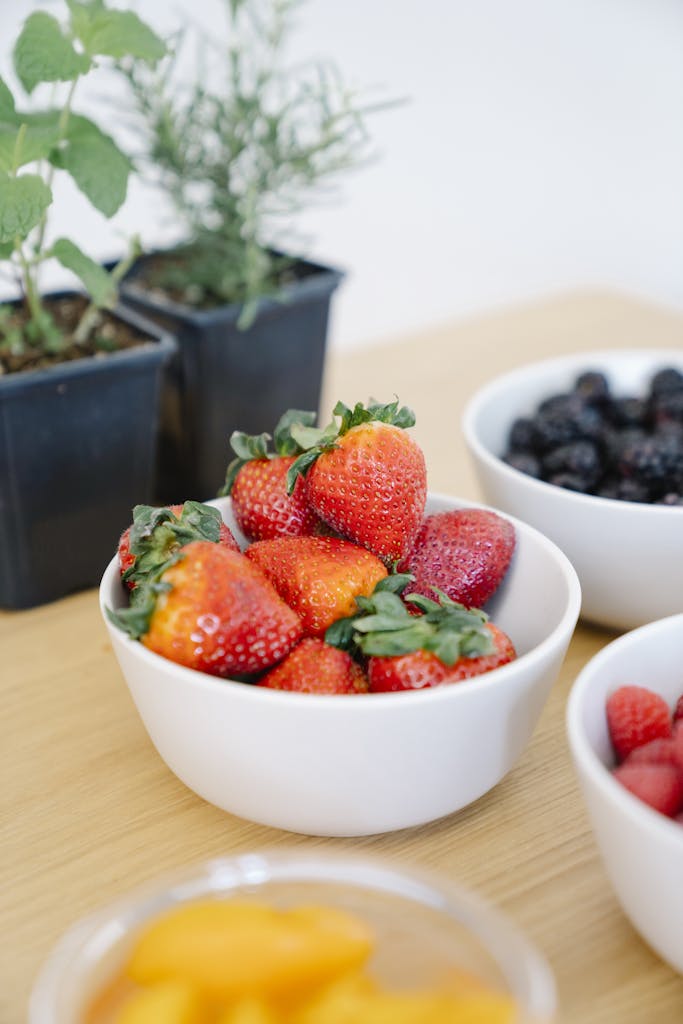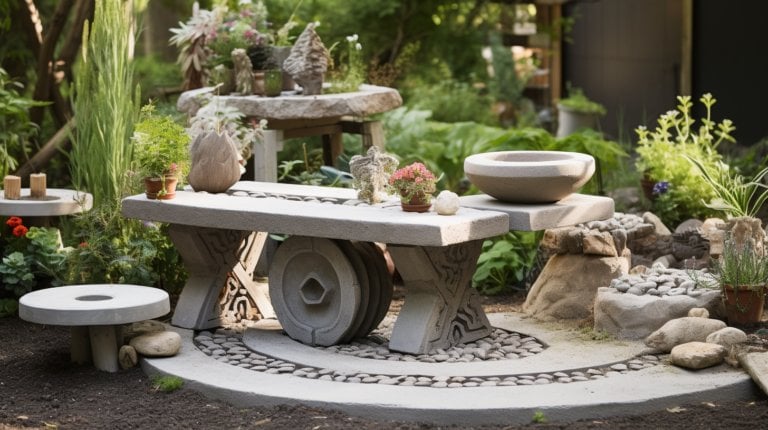Is Compost and Manure the Same Thing? A Guide to the Difference
It is crucial for gardeners striving for sustainable agriculture to grasp the distinctions between compost and manure. While both significantly influence soil health, they have unique traits and play diverse roles in enhancing the soil.
This article delves into the million-dollar question: “Is compost and manure the same thing?”. Their impact on soil and plant health, and how to choose the right one for your gardening needs are also discussed.
Key Takeaways
- Compost and manure are both used to improve soil health but are not the same.
- Compost is made from decomposed organic materials, while manure is primarily animal waste.
- Manure provides a high concentration of nutrients quickly, whereas compost releases nutrients slowly and enhances soil structure.
- Compost is versatile and sustainable, recycling a broader range of organic materials.
Comprehending the Basics: What Are Compost and Manure?

Compost results from the decomposition of organic materials, such as plant waste, creating a nutrient-rich soil amendment. It improves soil structure, and water retention, and provides essential nutrients.
Manure, predominantly animal waste, is mixed with materials like bedding straw and enriches the soil as it decomposes. It’s available as solid farmyard manure or liquid farm slurry, both valuable for increasing soil nutrient content.
Comparison and Contrast: The Difference between Compost and Manure

The main differences between compost and manure lie in their origin, nutrient content, and impact on soil structure and health. Compost is a balanced soil amendment that improves long-term soil health, while manure provides a quick nutrient boost and may require composting to prevent plant burn.
Turn Waste into Fertilizer: How to Make Compost and Manure at Home

Creating compost at home involves gathering and balancing green (kitchen scraps) and brown (leaves, straw) materials in a compost bin or pile, maintaining proper decomposition conditions.
Collecting and properly storing fresh animal waste allows for the creation of manure-based fertilizer. Composting manure is crucial to eliminate pathogens and reduce nitrogen concentration.
Implementing in Practice: How to Use Compost and Manure in the Garden

Effective garden application of compost and manure requires:
- Soil Testing: Assessing soil needs before adding amendments.
- Timely Application: Integrating compost before planting and applying manure in the fall.
- Proper Mixing: Incorporating compost into the topsoil and ensuring manure is well-rotted.
- Measured Use: Applying compost liberally and using manure according to guidelines to prevent nutrient overload.
Evaluating Other Options: Comparing Compost and Manure to Other Soil Amendments

Considering alternatives like compost tea, green manures, and chemical fertilizers, it’s important to understand their benefits and impacts on soil health compared to compost and manure.
| Soil Amendment | Key Benefit |
|---|---|
| Compost | Enhances soil structure, offers diverse nutrients, and introduces beneficial microbes. |
| Manure | Rich in nutrients, particularly nitrogen, phosphorus, and potassium. |
| Compost Tea | Quick nutrient boost, potential plant disease suppression. |
| Green Manure | Improves soil structure, adds organic matter, and weed suppression. |
Conclusion
The exploration of compost and manure reveals their unique characteristics and contributions to garden health. They are not identical; each has its strengths.
By converting waste into fertilizers, gardeners are making a conscious choice for healthier gardens and a more sustainable environment. Whether using compost or manure, the goal is to nurture the soil for a bountiful garden.
Frequently Asked Questions
Is compost and manure the same thing and what’s the difference?
The main difference between manure and compost lies in their composition and how they are made. Manure is the waste product of animals, such as cows, horses, or chickens. On the other hand, compost is made from decomposed organic matter, such as grass clippings, vegetable peelings, and leaves.
Composting involves a specific process of layering materials and allowing them to decompose over time, creating rich, fertile soil that is ideal for plant growth.
Can compost piles be mixed with manure?
Yes, a compost pile can be mixed with manure. Animal manure is a great addition to the compost pile because it is high in nitrogen, which aids in the composting process.
However, remember that the manure should be well-rotted or aged before adding it to the compost pile to avoid the spread of any potential diseases or pathogens.
Why is compost preferred by gardeners?
Compost is often preferred by gardeners because it improves soil structure, aids in moisture retention, and promotes beneficial soil organisms.
As it’s made from decomposed, recycled garden and kitchen waste, it’s also an environmentally friendly option. Compost is also a slow-releasing fertilizer that makes nutrients available gradually over a longer period which boosts plant growth and health.
Where can I find manure for my compost pile?
Animal manure can often be found on farms or stables. Some garden centers also sell bagged manure for use in gardens. If you decide to collect manure from a local farm, make sure it is well-rotted and not fresh, to avoid burning your compost pile.
Can I use compost and manure together?
Yes, using compost and manure together can enhance the benefits for your soil and plants. Compost improves the soil structure and retains moisture, while manure provides high levels of nitrogen. Using a blend of both can provide a broad spectrum of nutrients while improving soil health and fertility.







